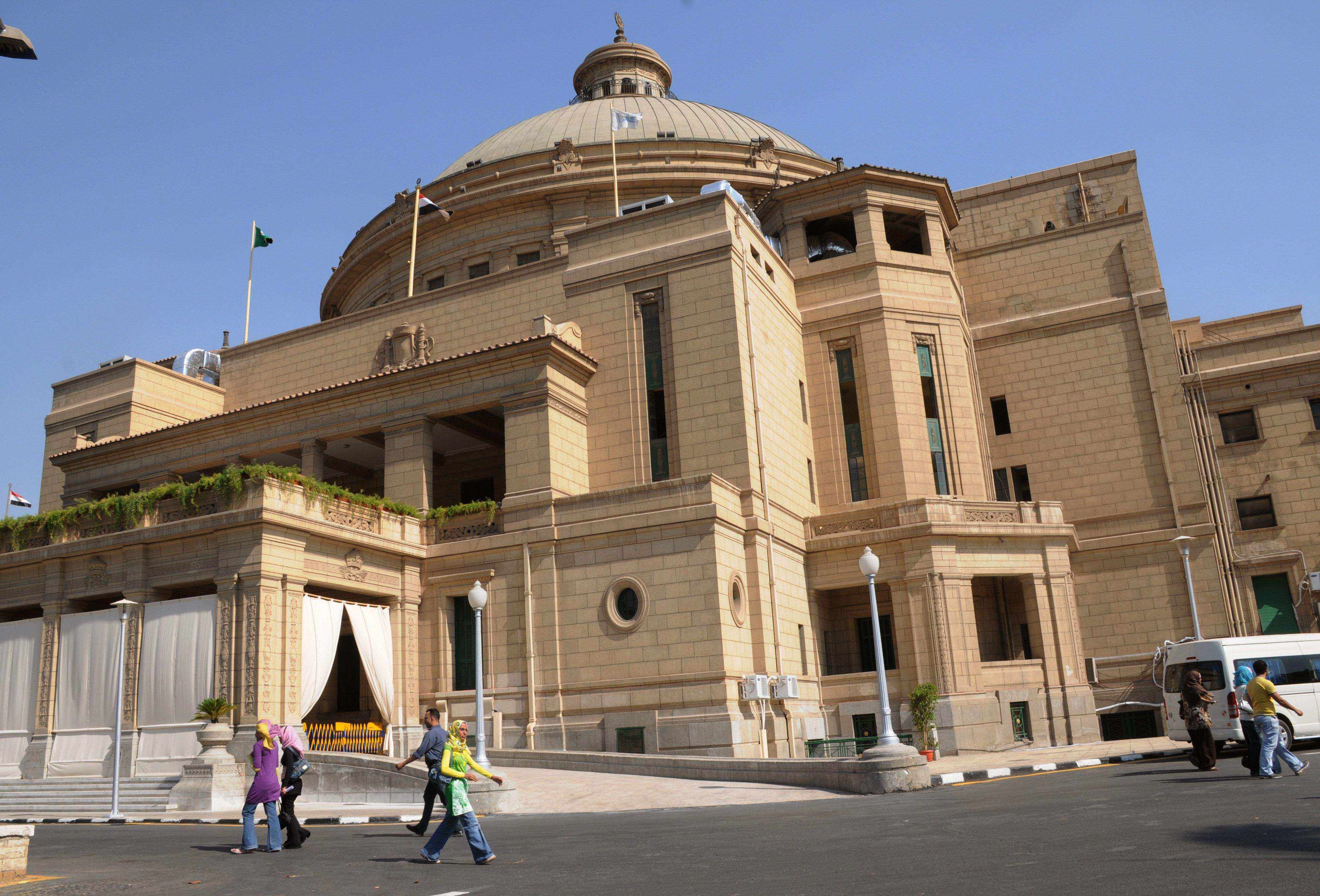The head of the Constitutional Court issued on Wednesday a temporary order to suspend all previous court orders issued by both the State Council and the Court of Urgent Matters regarding the Red Sea islands agreement.
The order came in accordance with Article 32, which stipulates to request the Higher Constitutional Court to adjudicate a dispute over the implementation of two contradictory final judgments in a certain case.
This came following a parliament approval of the agreement on 14 June.
The suspension is scheduled to last until the court resolves the government’s appeal against the Administrative Court verdict, which ruled on the annulment of the Egyptian-Saudi maritime demarcation agreement on 16 January.
An appeal to the Higher Constitution Court noted that judiciary is not authorised to look into such agreements and is expected in this appeal to decide which entity is authorised to look into such agreements, whether the executive or the judiciary.
It is the government’s third appeal against the Administrative Court ruling, as there were others that were raised in Cairo’s Urgent Matters Court.
The Urgent Matters Court had previously overturned a verdict that included annulling the Egyptian-Saudi maritime demarcation agreement. The lawsuit in the Urgent Matters Court was filed by a citizen named Ashraf Farahat, who relied on Article 11 of the State Council Law and Article 17 of the Judicial Authority Law, both of which stipulate that the judicial system is not supposed to interfere in the work of the presidency.
Discussion in parliament over the agreement took place, despite the fact that the agreement was annulled by the Administrative Court on 16 January, in which led the two sides to resort to constitutional court that can determine the authorised entity in accordance to constitution.
The last time the head of the Constitutional Court used this authority was when his former president, chancellor Farouk Sultan, ordered in 2010 to stop the implementation of the contradictory provisions between the State Council and the ordinary judiciary regarding the second marriage permission for Copts.
In a similar context, during an “Egyptian family breakfast” celebration on Tuesday, President Abdel Fattah Al-Sisi commented on the issue, saying that “countries are not sold or bought and cannot be led by passion or mood, but by laws and facts.”
The comments came in reference to what has been raised in recent days over the sovereignty of the islands of Tiran and Sanafir by the opposition following the parliament’s approval of the agreement. There are disputes between the government and opposition groups—including parliament members and public figures—regarding the islands’ sovereignty. These groups claimed to have based their arguments on historical documents and maps.
The president added that “we can not let go of any Egyptian land, and whoever rejects the Egyptian-Saudi maritime demarcation can express their rejection.”
In the meantime, many parliament members are calling President Al-Sisi to promptly ratify the agreement, while other members of the 25-30 Coalition vowed to resign if the president ratified it.
Throughout the discussion sessions in parliament, debates continue among members over whether the islands are Egyptian or Saudi.
On 8 April, the government concluded the demarcation deal that sought to transfer the sovereignty of Tiran and Sanafir islands to Saudi Arabia during an official visit by Saudi King Salman bin Abdulaziz Al-Saud.

